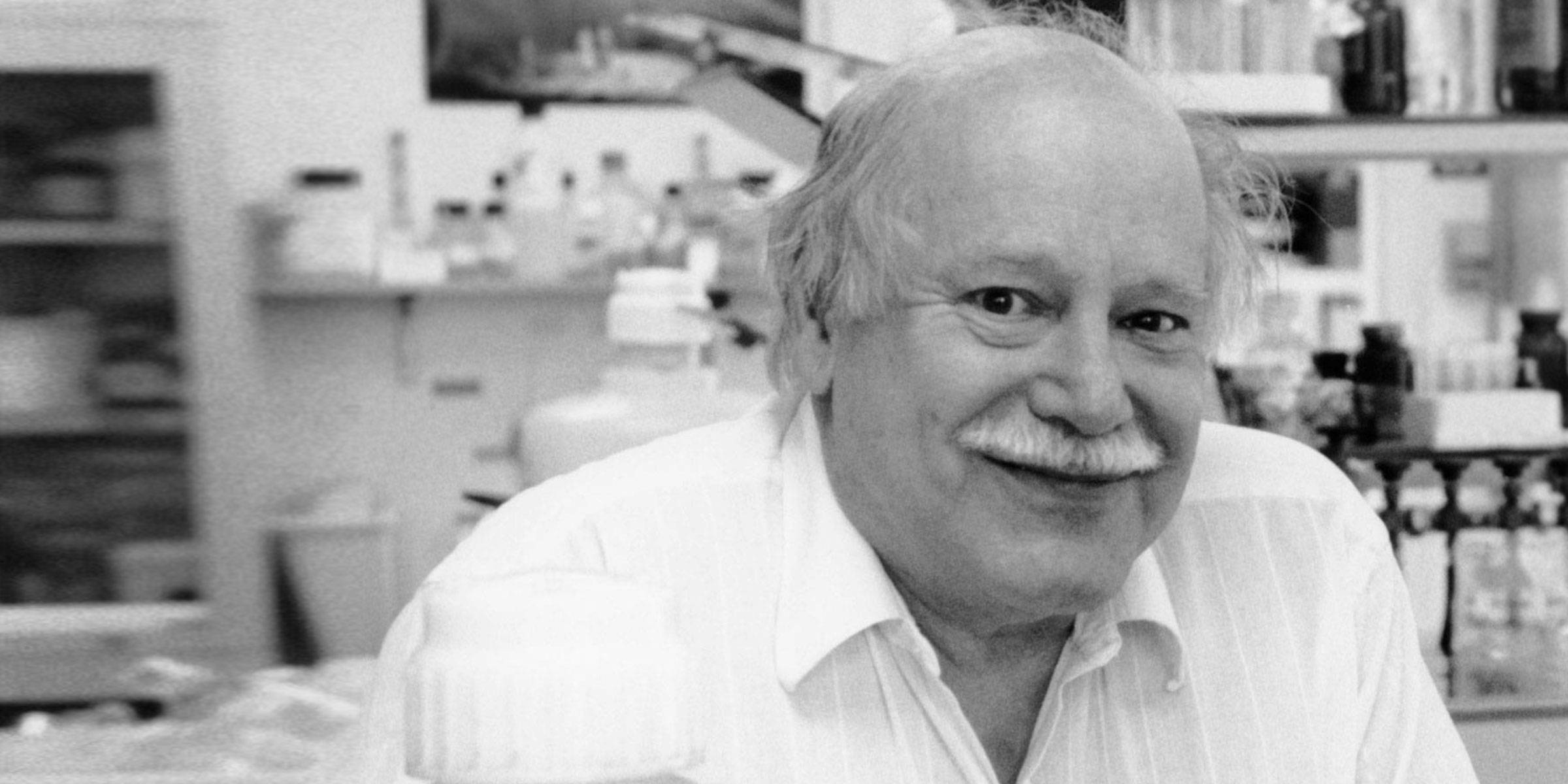Miklós Müller, M.D.
Professor Emeritus
- Laboratory of Biochemical Parasitology
Until the closing of his laboratory in 2005, Müller’s research concerned several important human parasites: Trichomonas vaginalis, Giardia intestinalis, and Entamoeba histolytica. These organisms lack typical mitochondria—they are “amitochondriate”—and have an unusual anaerobic fermentative metabolism. The Müller lab’s research focused on the molecular and biochemical exploration of this metabolism with the goal of understanding its adaptive significance and evolutionary history. In the course of these studies, Müller and his colleagues identified in trichomonad flagellates a novel cell organelle, the hydrogenosome. This organelle produces hydrogen as a metabolic end product. Similar organelles have been found subsequently in several other anaerobic unicellular organisms, while others contain a smaller structure—the mitosome—that lacks a role in metabolism. Typical mitochondria, hydrogenosomes, and mitosomes are currently regarded as closely related cell organelles, which derive from the ancestral protomitochondrion by divergent evolution.
Leaving experimental work behind, Müller continues the comprehensive analysis of the metabolic organization and evolutionary history of these divergent types of mitochondrion-related organelles. This analysis has led to novel insights into the origin of the ancestral eukaryotic cell and its diversification.
Müller also turned his interest in recent years to the history of 20th-century biology. His current work, conducted in archives and libraries in different countries, concerns two topics: the life and works of Hungarian theoretical biologist Ervin Bauer (1890–1938), who successively worked in Hungary, Czechoslovakia, Germany, and the Soviet Union; and the impact of Soviet pseudoscientific distortions of biology (Trofim Lysenko and Olga Lepeshinskaya) on the subject in Eastern Europe in the 1940s and 1950s.
A native of Hungary, Müller received his M.D. from Budapest Medical University in 1955 and continued on the medical faculty as an instructor and assistant professor, where he studied food vacuoles in protozoa. In 1964 he joined Rockefeller as a research associate in the cell biology laboratory of Christian de Duve and later became a tenured associate professor and head of laboratory. He was promoted to full professor in 1999 at the age of 68. In 2007, Müller received the Knight’s Cross of the Order of Merit of the Republic of Hungary for his scientific work and support of art in Hungary. In 2006, he was the sixth recipient of the Eduard Reichenow Medal from the German Society for Protozoology, awarded for his life’s work in the comparative analysis of energy metabolism, its evolution, and its organellar localization in parasitic anaerobic protists. He is an external member of the Hungarian Academy of Sciences.
